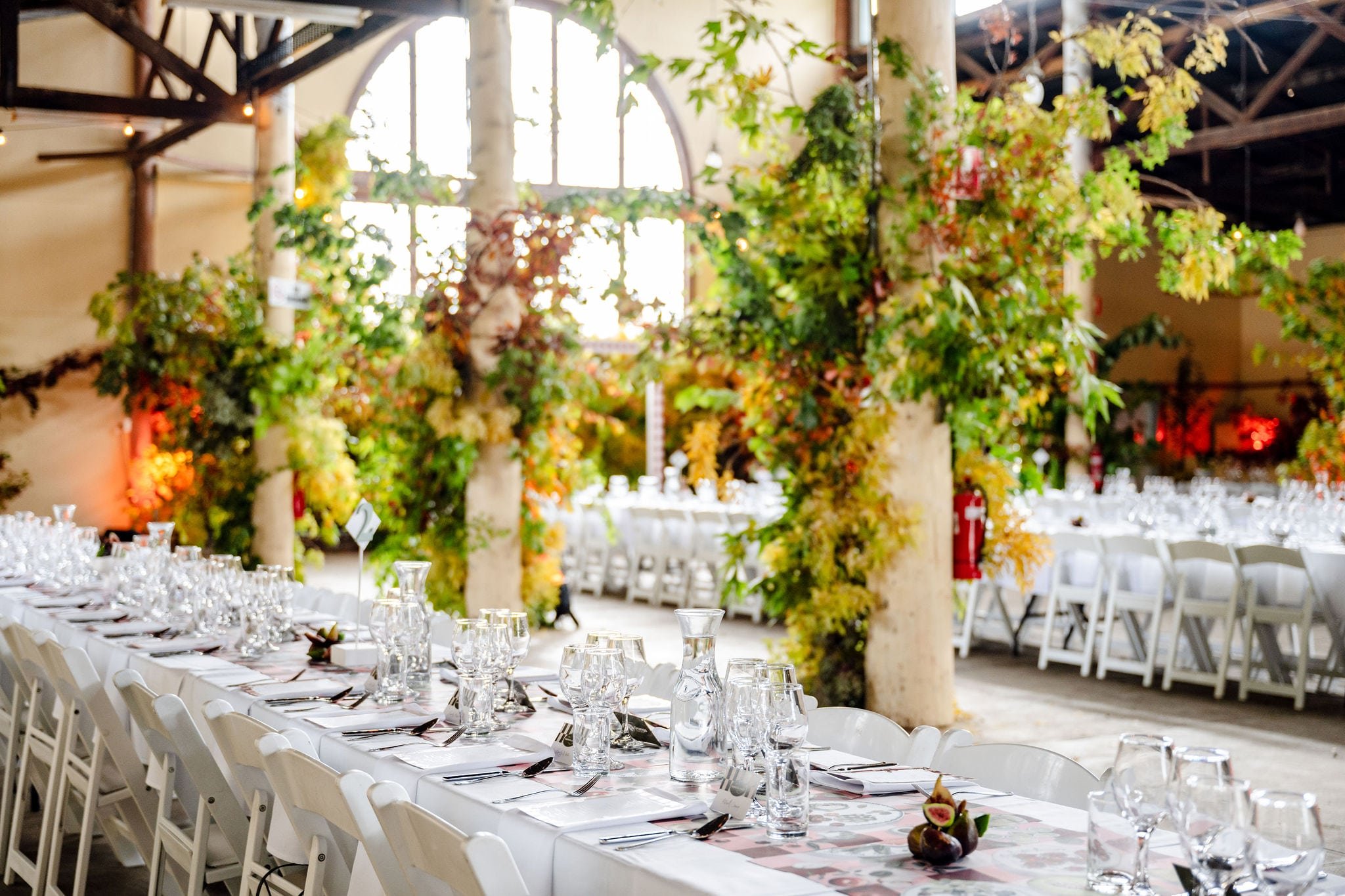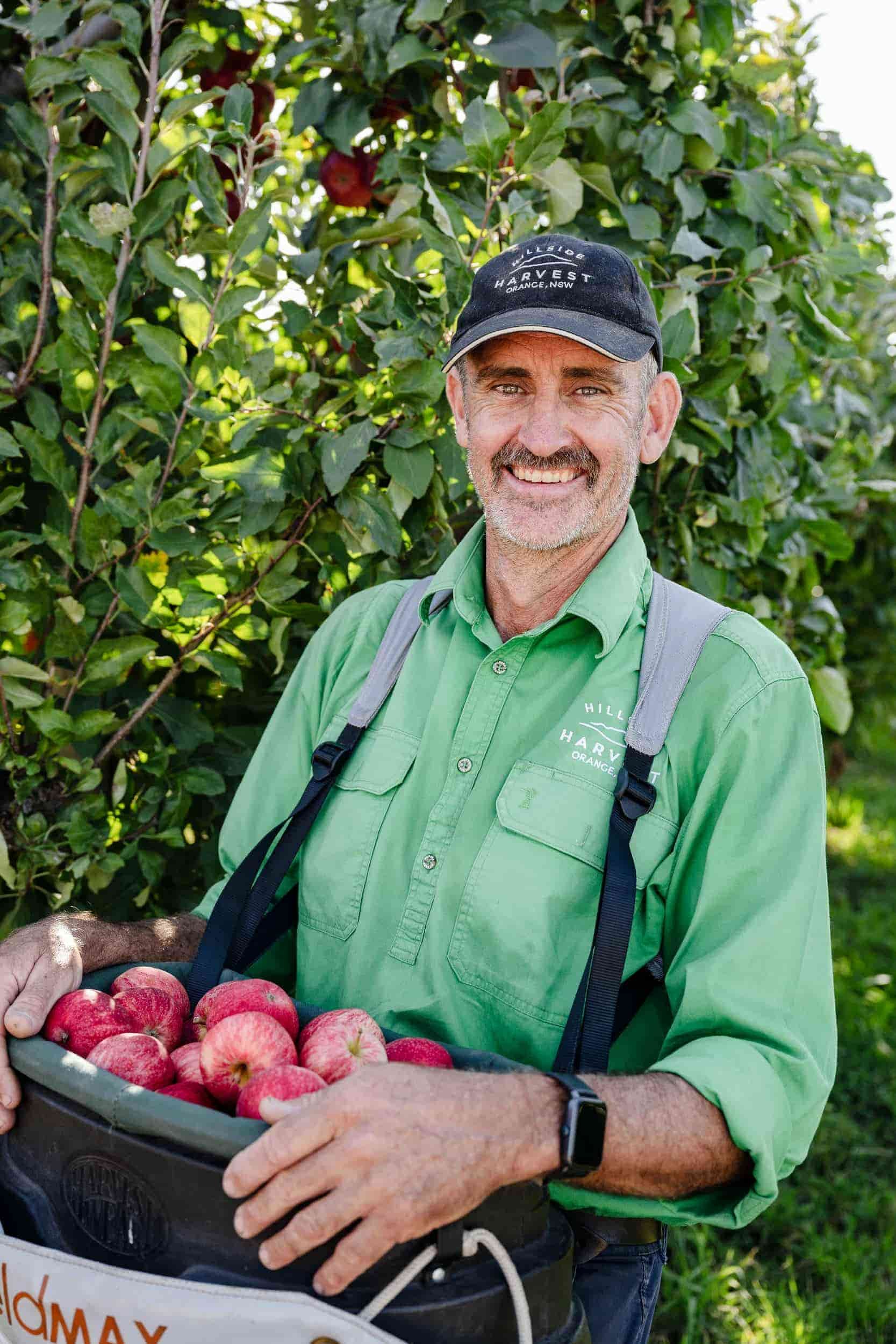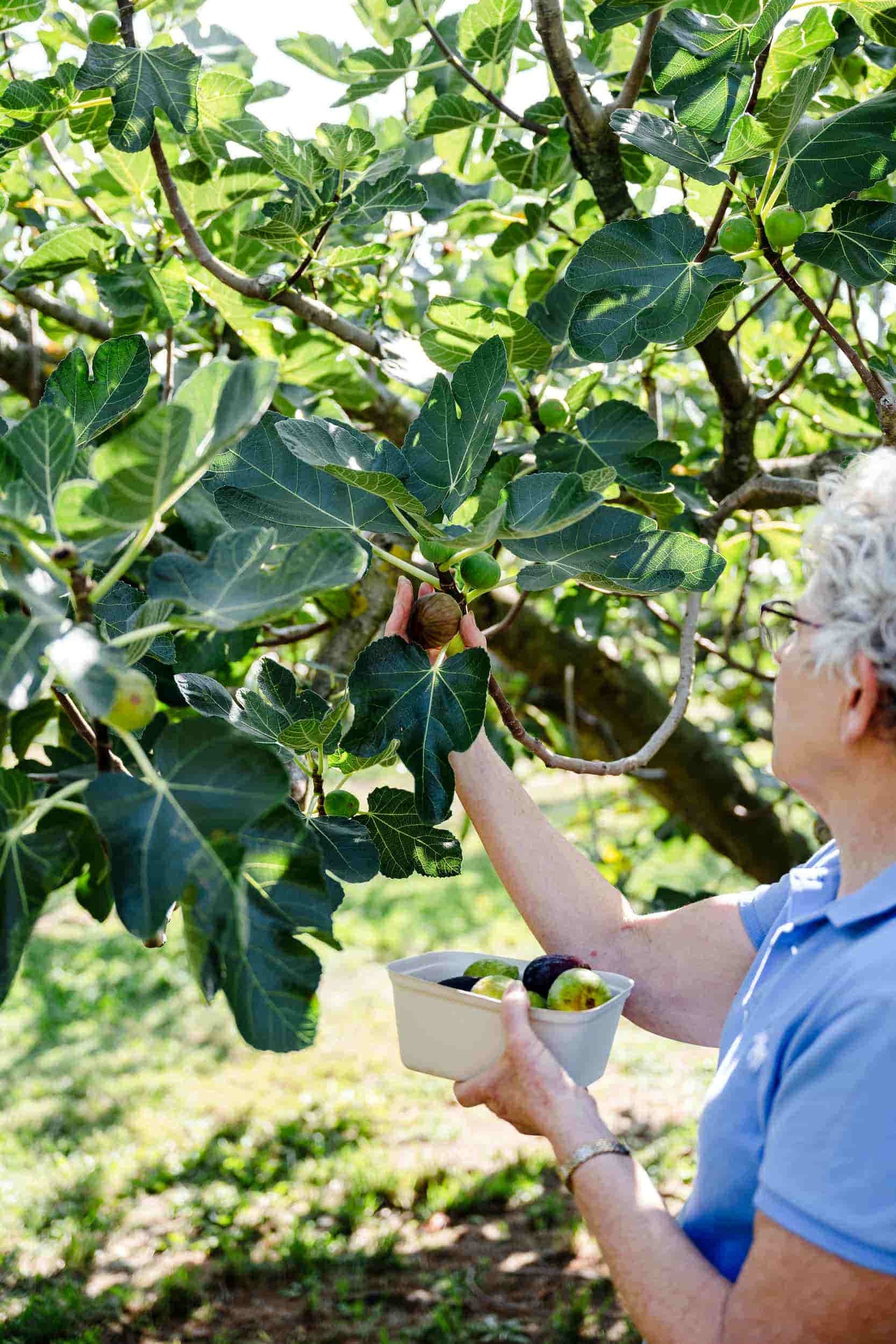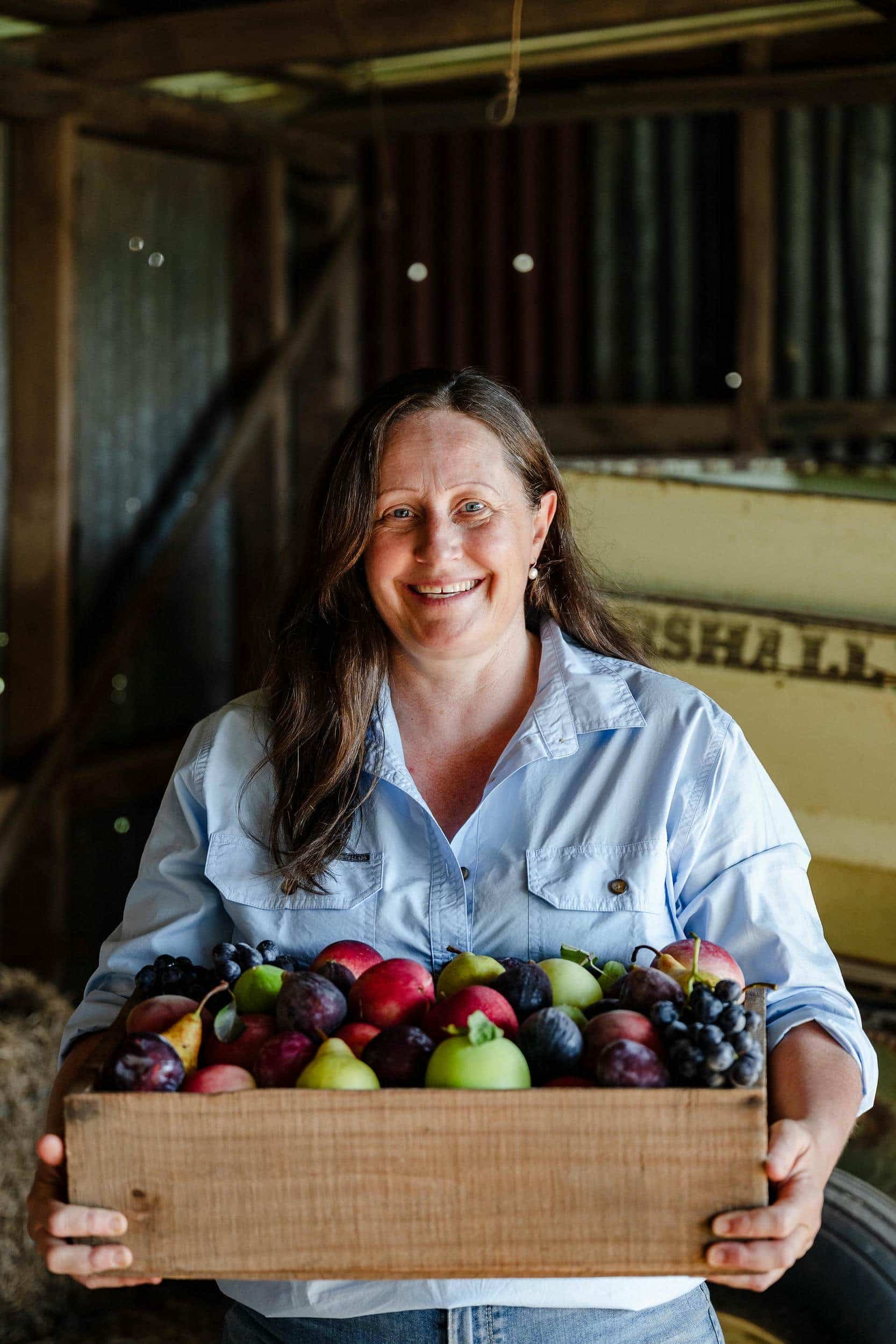
The story of Orange FOOD Week
The Orange FOOD Week concept was launched by Tony Bilson in late 1991.
The first FOOD Week was held from 1st-10th May in 1992. The inaugural festival was headlined with a dinner by celebrity chef Phillip Searle, from Sydney restaurant Oasis Seros, and a FOOD Affair market featuring local producers and cooking workshops.
At that time, Orange had just a few vineyards like Bloodwood and Canobolas Smith Wines, and a non-existent fine dining scene.
•••
Culinary stars like Tony Bilson, Peter Doyle, Luke Mangan, and Steven Manfredi joined in the early years, with events starting in modest venues and growing to unique locations like car park rooftops and airport hangars.
The FOOD Affair market, held behind Orange Library, featured local producers and cooking demonstrations from talents like Kate Bracks and Simonn Hawke, who went on to achieve significant success.
By the early 2000s, the festival expanded to seven days with about 40 events, reflecting the booming local food and wine industry.
•••
Today, Orange FOOD Week lasts ten days, featuring six signature events and a fabulous array of satellite events at local venues. All events incorporate local produce, celebrating the story of our region’s food and wine.
This commitment to provenance makes FOOD Week Australia's longest-running regional food festival, acclaimed as one of the top ten in the country.





